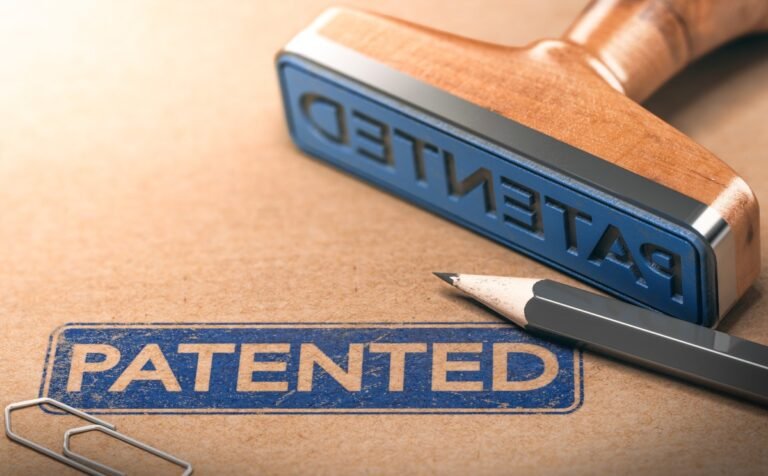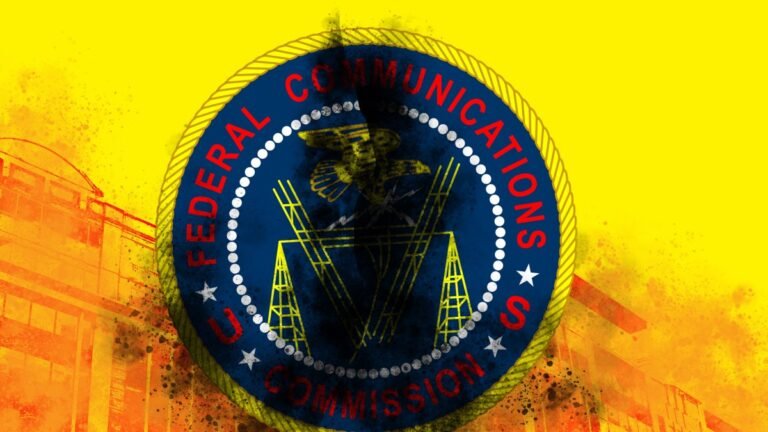
Lawmakers passed legislation early Saturday reauthorizing and expanding a controversial U.S. surveillance law shortly after the powers expired at midnight, rejecting opposition by privacy advocates and lawmakers.
Critics, including lawmakers who voted against the reauthorization, say FISA also sweeps up the communications of Americans while spying on its foreign targets.
Following the passage in the early hours of today, Senator Mark Warner, who chairs the Senate Intelligence Committee, said that FISA was “indispensable” to the U.S. intelligence community.
FISA requires the government to seek an annual certification from the secretive FISA Court, which oversees and approves the government’s surveillance programs.
The FISA Court last certified the government’s surveillance program under Section 702 in early April, allowing the government to use its lapsed authority until at least April 2025.

UK-based legaltech company Lawhive, which offers an AI-based in-house ‘lawyer’ through a software-as-a-service platform targeted at small law firms, has raised £9.5 million ($11.9M) in a seed round to expand the reach of AI-driven services for ‘main street’ law firms.
To date, most legaltech startups that are deploying AI have concentrated on the big, juicy market of ‘Big Law’ — meaning large, either country-wide or global, law firms that are keenly pushing AI into their workflows.
These include Harvey (US-based; raised $106M); Robin AI (UK-based; raised $43.4M); Spellbook (Canada-based; raised $32.4M).
Lawhive targets its platform at small law firms or solo lawyers running their own shop.
That’s a very small number of big law firms in the US in the UK.

Patlytics, an AI-powered patent analytics platform, wants to help enterprises, IP professionals, and law firms speed up their patent workflows from discovery, analytics, comparisons, and prosecution to litigation.
The outfit recently launched its product, which is SOC-2 certified, and already serves some top-tier law firms and a few in-house legal counsels at enterprises as customers.
Its target users include IP law firms and companies with several patents.
“Protecting intellectual property remains a major priority and business requirement for information technology, physical product, and biotechnology companies.
Notably, the round also attracted a host of angel backers, including partners at premier law firms, Datadog President Amit Agarwal, Fiscal Note founder Tim Hwang, and Tapas Media founder Chang Kim.

Hello, and welcome back to Equity, a podcast about the business of startups, where we unpack the numbers and nuance behind the headlines.
This is our Monday show, where we dig into the weekend and take a peek at the week that is to come.
Now that we are finally past Y Combinator’s demo day — though our Friday show is worth listening if you haven’t had a chance yet — we can dive into the latest news.
So, this morning on Equity Monday we got into the chance that the United States might pass a real data privacy law.
There’s movement to report, but we’re still very, very far from anything becoming law.

If Trump wins, net neutrality is dead for one of several reasons.
A second Trump presidency, whatever its likelihood or one’s opinion on his other policies, would be fatal to net neutrality efforts.
Companies that oppose regulations like the FCC’s net neutrality plans often call for federal legislation on the topic.
A third threat to net neutrality comes from the Supreme Court, which is performing quite a bit of conservative wish-fulfillment lately.
Net neutrality rules being moot due to the FCC being inoperable would be the least of our worries if that occurs, though.

Oregon Governor Tina Kotek on Tuesday signed Senate Bill 1596 into law, joining California, Colorado, Maine, Massachusetts and Minnesota in a growing list of states embracing a right to repair for citizens.
The bill’s coauthors Janeen Sollman and Representative Courtney Neron took inspiration from California’s Senate Bill 244, which passed toward the tail end of 2023.
The iPhone maker, which had previously issued an unprecedented open letter in favor of the California bill, has said that it is mostly in favor of Oregon’s bill, with the above caveat.
We entertained many of the changes that Apple brought forward that are in the California bill.
“By eliminating manufacturer restrictions, the Right to Repair will make it easier for Oregonians to keep their personal electronics running.

The Coalition for App Fairness (CAF) released a statement on Thursday cheering on the Department of Justice’s antitrust lawsuit against Apple.
The group includes a number of key app makers, including Epic Games, Spotify, Deezer, Match Group, Proton and others.
In 2020, Epic made it possible for Fortnite players to pay Epic directly, rather than giving a cut to Apple.
Then, Apple removed Epic from the App Store, which sparked a slew of legal proceedings.
In a statement, Apple said: “This lawsuit threatens who we are and the principles that set Apple products apart in fiercely competitive markets.

Texas residents can no longer access Pornhub — without a VPN.
As of Thursday, when people in Texas try to access any of the porn sites owned by Aylo, formerly MindGeek, they’ll instead see a long message in opposition to age verification laws.
Laws requiring age verification on adult entertainment sites have already gone into effect in states including Louisiana, Mississippi, Virginia, Utah, Montana and North Carolina.
“Since age verification software requires users to hand over extremely sensitive information, it opens the door for the risk of data breaches,” Pornhub wrote on its blog.
At first, Pornhub complied with age verification via the state-run LA Wallet app, which connects to a Louisiana resident’s ID.

The European Parliament voted Wednesday to adopt the AI Act, securing the bloc pole-position in setting rules for a broad sweep of artificial intelligence-powered software — or what regional lawmakers have dubbed “the world’s first comprehensive AI law”.
pic.twitter.com/t4ahAwkaSn — Thierry Breton (@ThierryBreton) March 13, 2024Once published in the EU’s Official Journal in the coming months, the AI Act will come into force 20 days after that.
And with that alone the AI Act has nudged the future of AI in a human-centric direction.
But the legislation also puts some (light touch) transparency obligations on a third subset of apps, including AI chatbots; generative AI tools that can create synthetic media (aka deepfakes); and general purpose AI models (GPAI).
Rules for GPAIs were a later addition to the AI Act, driven by concerned MEPs.

We’ll publish several pieces throughout the year as the AI boom continues, highlighting key work that often goes unrecognized.
Sandra Wachter is a professor and senior researcher in data ethics, AI, robotics, algorithms and regulation at the Oxford Internet Institute.
She’s also a former fellow of The Alan Turing Institute, the U.K.’s national institute for data science and AI.
What are some issues AI users should be aware of?
Bad data, bad algorithms and bad design choices lead to worse products.













